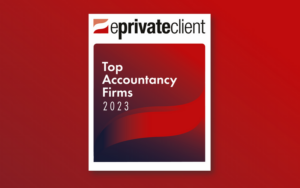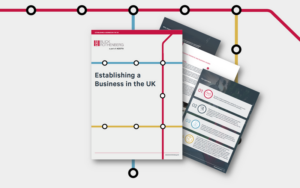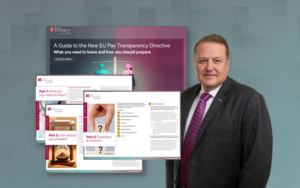Tax Filing deadline Twitter Live Q&A
On January 19th we hosted a live Q&A session on Twitter with Tax Partner Stefanie Tremain, answering questions ahead of the tax filing deadline on January 31.
Below is a transcript of the session.
I’m waiting on some information and I’m not sure I’m going to get it by the 31 January. What happens if I can’t get my tax return done in time?
If you do not file your tax return before 31 January it will be late, and HMRC will charge a £100 late filing penalty, even if there is no tax due. If you have a tax liability and do not pay by 31 January late payment interest will start to accrue and, as this is currently at 6%, it would be advisable to make at least an estimated payment by 31 January to reduce interest. More penalties will be charged if your return is more than three months late (i.e., not filed by 30 April).
What you could consider doing is including an estimate of whatever income or gains you are missing with a note on your tax return, and then file an amended return when you get the missing information.
What happens if I submit my return and realise it’s wrong?
If you realise before the 31 January, you can just file an amendment to your tax return and make sure you either pay any additional tax due by the deadline or claim a refund.
If you realise after 31 January, you have until 31 January next year (2023) to file an amendment. However, if any additional tax is due interest will be charged from the original due date (31 January 2022). HMRC will also have a longer window to open an enquiry into the area of your return that you amend.
I’m self-employed and am just finishing my return and HMRC want me to make extra payments, so my tax liability is really high. Why is that?
These are called payments on account and are due when the tax you owe for a year (your balancing payment) is more than £1,000 and less than 80% of your tax for the year was collected at source. Essentially, HMRC want the estimated tax due for the next tax year in two advance payments. The payments are each 50% of your tax bill for the previous year, so your 2022/23 payments on account are based on your 2021/22 tax bill.
You make the first payment account by 31 January and the second by 31 July. When you calculate your actual liability through your tax return, the payments on account are deducted so you just pay the balance (or claim a refund if you have overpaid). The payments assume your taxable income will be at the same level as the previous tax year so if you think your income will be lower, you can claim to reduce the advance payments. HMRC will charge interest (and possibly penalties) if you over reduce though so it’s important to be accurate.
I don’t do tax returns, but I think I might have overpaid tax. Do I have to do one to get the money back?
You can, but if you don’t need to file tax returns you can claim tax back by contacting HMRC. You have four years from the end of the tax year to make a claim, so if you are due some tax back for 2021/22 you have until 5 April 2026. The best way to contact HMRC (either online, by phone or in writing) will depend on why you have overpaid and what tax year it relates to. As a starting point, I would set up my online personal tax account as this should have all your income details, and if you write to HMRC you will be able to track the progress of your claim through your online account.
I’m a bit confused about whether to include my pension contributions. I used to but my employer has changed to taking them from my gross pay.
If you make pension payments from your gross pay, which is called a salary sacrifice arrangement, you have already received full tax relief at source. If you make pension payments from your net pay, you may be due further tax relief if you are a higher rate or additional rate taxpayer. If you do not file a tax return and you are a higher rate taxpayer, you may be due a refund for years where you have made net pension contributions and may want to contact HMRC.
Me and my wife both submit tax returns, and we get child benefit. We earn over the child benefit limit and I’m not clear whether we both need to include it on our tax returns, or should my wife as she is the one who receives the payments?
The high-income Child Benefit charge kicks in when you or your partner receives Child Benefit and one of you has adjusted net income of over £50,000. If you don’t opt out of Child Benefit, the higher earner has to repay the benefit through their tax return, with the exact amount of the clawback depending on the level of their income. So, for you and your wife, the Child Benefit should go on the tax return of the higher earner, regardless of who actually receives the payments. Don’t forget to include details of any pension contributions made from your net pay and Gift Aid donations, as these affect your adjusted net income and could reduce your Child Benefit charge.
I’ve heard you can carry back charity donations made in the next tax year. Is that right?
Yes, that’s right. Usually, tax relief for Gift Aid donations is claimed in the year in which you make the donation. However, if you make a donation before your tax return is submitted and before 1 January (so in January 2022), you can carry back the donation to the 2021/22 tax year, which means you get the tax relief a year earlier.

You may also be interested in
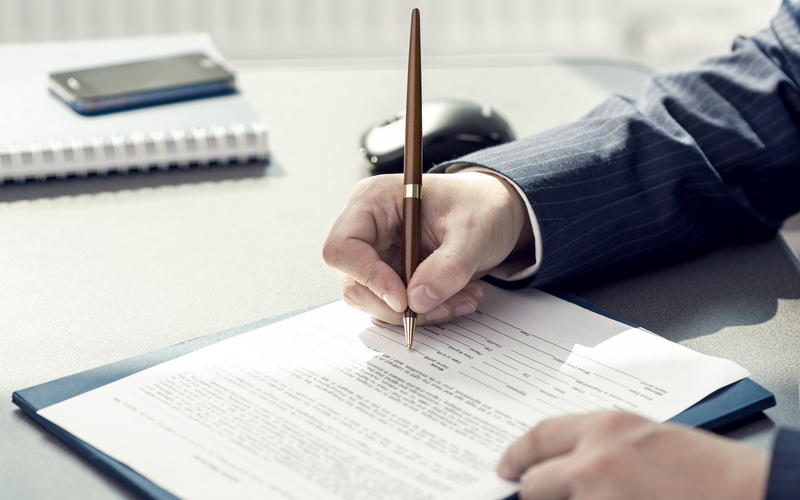
Non-domicile changes – Trust protection
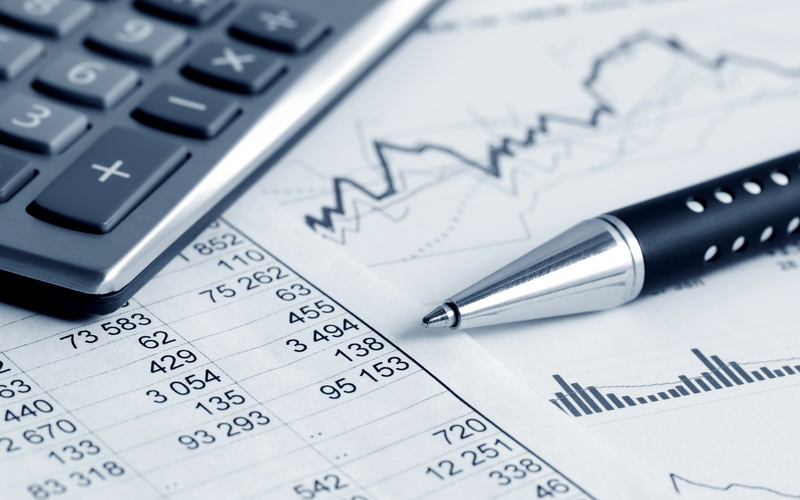
Non-domicile changes – Transitional provisions


